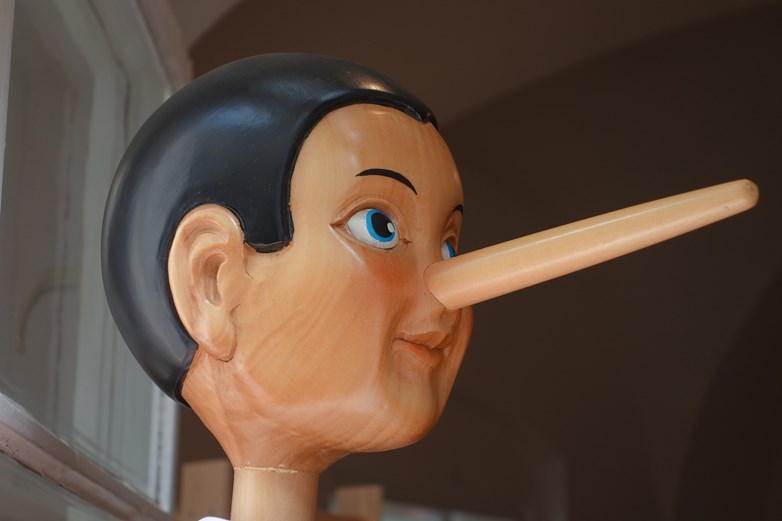Why we reward bad behavior in the workplace
Unethical behavior in the workplace isn't unheard of, whether you work at a corporate office or play hockey – or lie on your cv to get the job you want. But why do we break rules, what does it get us and how does our surrounding react to our rule-breaking? These are topics that Wiley Wakeman, Assistant Professor at the Department of Management and Organization, is exploring further in his research.
"I'm interested in when people do bad things," he says. "Not because I think they are bad people, but because I think that people do bad things for good reasons."
When someone feels threatened, for instance after failing an exam, cheating on the next test makes them feel more confident about themselves, he explains. After a perceived threat our subconscious works overtime to justify our behavior in order to make sure that we are happy and can get out of bed in the morning.
"Psychological immune system"
"We have a psychological immune system, which helps us deal with a lot of difficult events and helps us process information in a self-enhancing way," Wiley Wakeman explains. "We disguise our failures so we live to fight another day. The unfortunate consequence is that while we manage to boost our confidence, we ignore the illegitimate side of those behaviors."
Sometimes we aren't even aware of what's going on, he says. When we're in a high-pressure environment we might not be processing info in a very objective way. We might ignore some real threats that it would be good to be aware of.
Breaking the rules is often rewarded by both managers and co-workers: "In some cases we tolerate deviance, when we think people are doing good things," Wiley Wakeman explains. "In fact, deviant actors – people who break the rules – might be selected for future opportunities that are greater than those who behave more honorably."
For instance, a hockey player breaking the rules is more likely to be selected for future games as Wakemen's own studies show. But it's not because people relish in bad behavior, but because the rule-breaking can be seen as a way to express commitment. Because beyond performance itself, managers are on the lookout to make sure their employees are going to double down, stay with the group and work really hard if needed – even though this is sometimes expressed as unethical behavior. Only when rule breaking becomes extreme, and the liability of these sort of employees eclipses their commitment, does this effect reverse.
Some rules are meant to be broken
The unethical behavior Wiley Wakeman and his colleagues study isn't always selfish. It can be motivated by the wish to help others and it can be a tool in changing things for the better. And rule-breaking can also add a certain level of creativity to an organization.
"We know some rules are meant to be broken," he says. "Going out of your way to help someone out in a way that breaks rules because the rule is antiquated or unfair isn't necessarily a bad thing. It can help fight against rules that uphold gender inequality and racial inequality in the workplace."
Wiley Wakeman will be talking more about his findings on unethical behavior in the latest installment of Early Insights, held on November 13.
CFR Early Insights
Center for Retailing (CFR) at the Stockholm School of Economics sets out to bring the best of science to the world of retailing. To achieve this, our research should offer novel insights into contemporary challenges in retail management.
Early Insights is a seminar series through which CFR faculty members share insights from ongoing research projects. The series provides a platform for our partner companies to meet and discuss current challenges in retailing.




